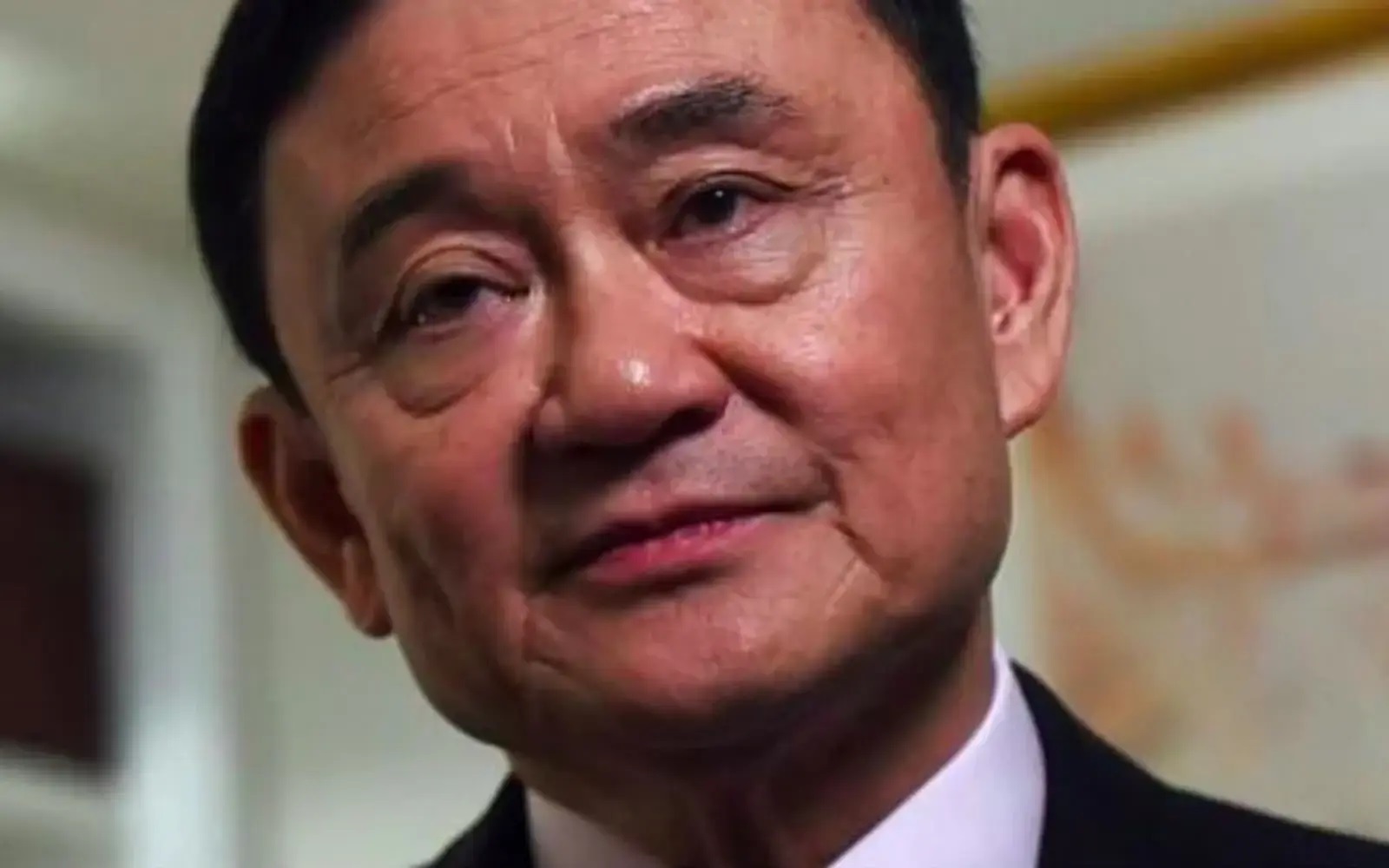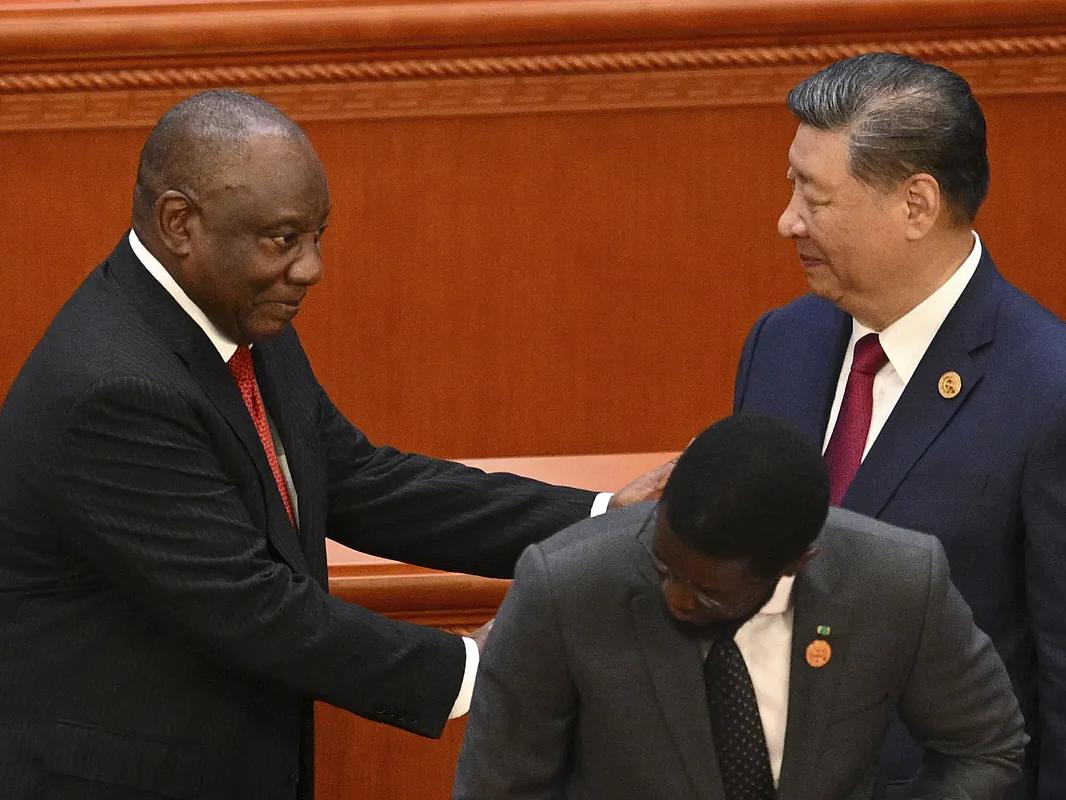Thailand’s political scene is on the precipice of turmoil following the indictment of former Prime Minister Thaksin Shinawatra on charges of insulting the monarchy, a grave offense under the country’s strict lese-majeste laws. The 74-year-old, who was ousted in a 2006 coup, has been formally charged for comments made in a 2015 interview and could face up to 15 years in prison. His bail was set at 500,000 baht (approximately $13,600), with the condition that he cannot leave Thailand without permission.Thaksin’s return to Thailand in August 2024 after 15 years in self-imposed exile was met with a reception akin to that of a rockstar, signaling his continued influence in the country’s political landscape. However, his indictment could exacerbate the already deep divisions between the conservative-royalist establishment and its opponents. The Pheu Thai party, which Thaksin founded, currently leads the ruling coalition and his legal troubles could have significant implications for their governance.The Constitutional Court is concurrently deliberating on three other cases that could precipitate a political crisis, including the potential disbandment of the opposition Move Forward Party and the dismissal of the current Prime Minister Srettha Thavisin from office. These cases, combined with Thaksin’s indictment, are raising concerns about the stability of Southeast Asia’s second-largest economy and the future of democracy in Thailand.
Key points
- Thaksin Shinawatra has been indicted under Thailand’s lese-majeste law for comments made in 2015.
- He faces up to 15 years in prison but has been released on 500,000 baht bail.
- The indictment comes amid other high-profile court cases that could destabilize Thai politics.



